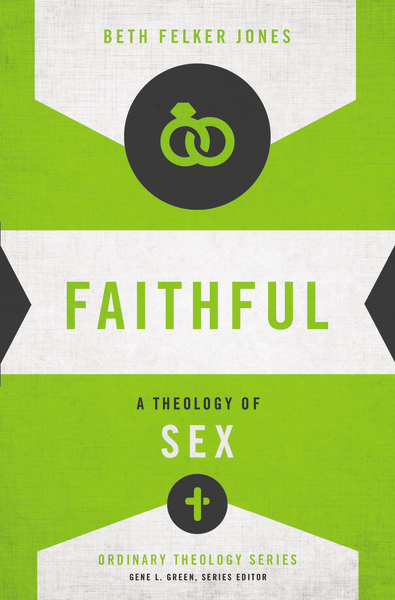 James 2:4
James 2:4
Have you not made distinctions among yourselves, and become judges with evil thoughts?
In this verse, the scenario described by James in verses 2-3 comes to its climax. The way in which James told his little tale implicated his hearers: “Suppose a gold-fingered man wanders into your assembly and you say…” That is, if the congregation shows favouritism and partiality to some guests on the basis of their socio-economic standing, and if on the same basis they withhold it from others; if they then treat the two persons differently, favourably on the one hand and contemptuously on the other, then, says James, they have “made distinctions” among themselves where presumably no such distinctions should exist, and so have become “judges,” indeed have set themselves up as judges, but evil judges with evil thoughts.
The two key terms in this verse form a word-play: diekrithēte (“made distinctions”) and kritai (“judges”). The first term occurs also in 1:6 where it means to doubt, or to waver between different possibilities. Here its meaning is often understood as “to discriminate, to make distinctions,” which fits well with the second part of the verse where James accuses his listeners of becoming judges—those whose principle activity involves the kind of discrimination required to make judgements. Vlachos, however, notes that the verb is in the passive voice, and so suggests that another meaning may be more appropriate, viz. “you have become divided” (71). It is not necessary to choose between these various options: making distinctions on the basis of status and appearance results in division in the assembly. These distinctions—and the resulting division—occur “among yourselves” (en heautois) which suits the whole context better than “within yourself,” and also suggests that the problem is characteristic of the congregation generally, rather than restricted to just a few of the members.
By making these distinctions they “have become judges” (kai egenesthe kritai). James will later insist that God alone is the one law-giver and judge, and so it is wholly inappropriate that some members of the congregation would presume to judge their neighbour (4:12). Not only have they become judges, however, but have become judges “of evil thoughts” or intentions (dialogismōn ponērōn). James will go on in the following verses to show why such intentions and activity are evil, but it is possible already to discern the reason: faith in Jesus is incompatible with favouritism or partiality. “Receiving the face” (prosōpolēmpsiais) of the other in verse one is the equivalent of making distinctions in verse four, and so utterly out of place in the community of God’s people.
One final grammatical point remains to be noted: James’s twofold question in this verse begins with ou (“not”), a particle that functions in rhetorical questions when the person asking the question anticipates a positive answer. The questions, then, are loaded questions expecting the answer, “yes indeed” (see McKnight, 188). That is, “have you not made distinctions among yourselves?” Yes; yes you have. “Have you not become judges with evil thoughts?” Yes, indeed you have.
We have seen already in 1:10-11 that James is concerned that the messianic congregation transcend the socio-economic distinctions common in the world—in the light of eternity and of the judgement to come. That the congregation continue to make such distinctions indicates that their perspectives are flawed. Their values are still shaped by the priorities of the world. Their faith in Jesus has not yet penetrated their lives sufficiently to reshape their vision and reset their values. Their flawed attitudes issue in actions incongruent with their faith and which then lead to division between rich and poor in the assembly. Because their judgements do not echo God’s judgements about the relative worth of persons, earthly conditions and “deservedness,” they are false and therefore evil judgements.
James has not pulled any punches. Like a professional boxer, he has cornered his opponent and landed every blow. His accusation against his hearers is pointed, specific and decisive. The strength and vigour of James’s assault highlights the utter seriousness with which he regards this matter. He cannot and will not allow his congregation to think that such favouritism is permissible—it is not. It is evil. Such partiality is incompatible with faith in Jesus Christ.
The strength and vigour of James’s assault also challenges the church today and in every age. The question of application cannot be side-stepped. To what extent do we allow the vision and values of the surrounding culture to shape our response to the poor around and among us? Are our attitudes and actions congruent or incongruent with our faith in Jesus Christ? Further, might we map other categories onto those used by James? He does not mention “slave” or “free,” but it is very likely he would extend his argument to these persons also. Might the prohibition against making distinctions be extended also to those distinctions between educated and uneducated, old and young, male and female, conservative and progressive, married and single, gay and straight, mentally ill and sound of mind? It is likely, I think, that James would extend the principle to other socio-economic relations, but not to relations he considered immoral or against God’s commandments. Whether he would have extended it to the distinction between male and female may also be questioned, although it is worth noting that he places Rahab alongside Abraham as those justified by their works (2:23-25). That the prostitute and the patriarch are associated so closely suggests that in the community of faith, brothers and sisters, rich and poor, high and low are equally honoured. In any event, we are certainly on safe ground when we stay with what James has actually said, and do not use these kinds of questions to avoid or even forget our call to be the kind of community that welcomes, includes and respects the poor.




